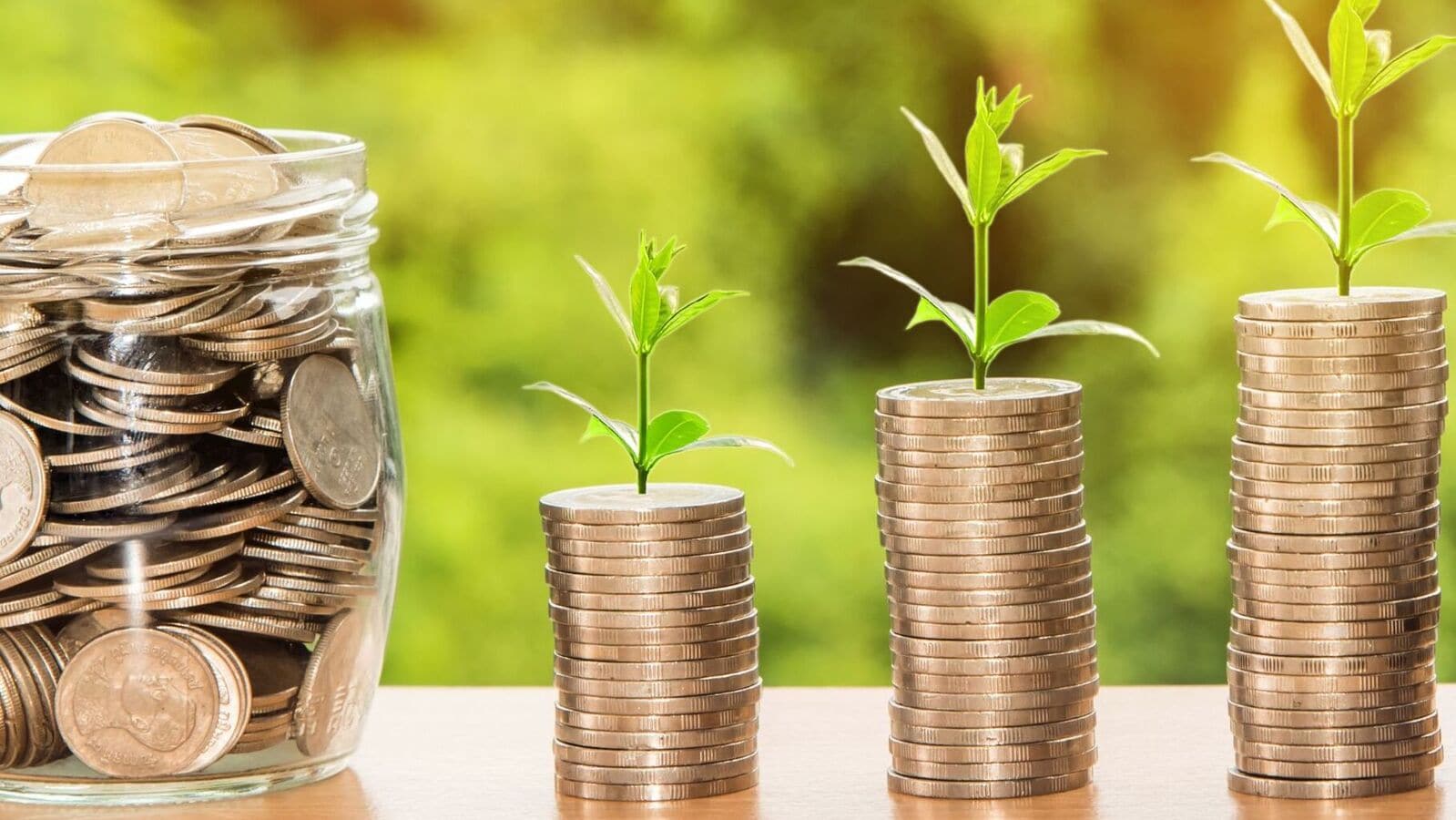Therefore, the focus will be on job creation, skills development and providing relief to a large mass of people affected by inflation, with the overall objective of increasing GDP growth. Let’s look into the crystal ball and exchange ideas about the direction the 2025 budget proposals could take from an individual tax perspective.
Taxpayers expect, as always, that the Treasury Secretary will provide lower tax rates and tax breaks to increase personal disposable income. More money in the hands of the people is a good idea from a macroeconomic perspective and would also mean more saving, investment and spending, which will help stimulate economic growth.
Providing tax breaks to increase personal disposable income is seemingly a simple solution to meet popular demand and stimulate economic growth. The Minister of Finance and her team working on the budget could consider the following suggestions:
1. Move to a uniform tax regime
Over the past five years we have had two tax regimes running side by side. The old tax regime with the regular income brackets and eligible deductions/exemptions and the new tax regime with relatively broader income brackets and lower tax rates, without most deductions/exemptions being available in the old tax regime. The taxpayer can choose both tax regimes.
The purpose of introducing a new tax regime in the Budget 2020 was to simplify the tax system and over the years the government has made changes to the new tax regime to make it more attractive.
Earlier this year, it was widely reported in the media that almost 72% of taxpayers opted for the new tax regime when filing their income tax returns for FY24. Given this and the fact that a new income tax law is in the works, the timing is perfect for the government to introduce a single, uniform tax regime.
A uniform tax regime with wider income limits and lower tax rates will help achieve the intended rationalization and simplification of the tax system and also make taxpayers of the old tax regime happy.
2. Rationalization of capital gains
This has been under consideration by the government for years and the latest budget introduced changes to aspects such as the capital gains tax rate, holding periods and indexation to make capital gains tax simpler and easier to administer.
It is a well-known fact that there has been increased activity from retail investors on the stock markets, with more and more people turning to them to supplement their income. The government should increase the tax exemption threshold for long-term capital gains on equities and equity-oriented mutual funds ₹1.25 lakh ₹5 lakhs. This would be a great incentive for taxpayers to invest more, save more and spend more, boosting overall economic activity.
Another aspect of capital gains tax that could benefit from the Finance Minister’s intervention in this Budget is the exemption threshold under Section 54, Section 54F and Section 54EC of the Income Tax Act, which relates to reinvestment of capital gains from the sale of real estate assets. properties or specified securities.
Currently there is a limit ₹10 crore to claim exemption under Article 54 and under Article 54F. Likewise, there is a limit of it ₹50 lakh to claim exemption under Section 54EC.
Because there is no longer an indexation benefit, it makes sense to increase the exemption thresholds ₹10 crore to ₹12 crore under section 54/54F onwards ₹50 lakhs ₹1 crore under Section 54EC.
3. Fiscal incentives to promote sustainable development
The government has actively integrated sustainability goals into its economic and fiscal policies to control climate change and promote sustainable development. Tax breaks could be introduced for those who use renewable energy, reduce carbon emissions and dependence on fossil fuels, or invest in sustainable development projects.
Taking into account the general principles of the new tax regime, a separate tax credit could be introduced for individual taxpayers who promote sustainable development by investing in renewable energy sources, such as solar panels or electric vehicles, to reduce the ecological footprint. This will also help the government balance economic growth with environmental protection and social equality.
This idea is very similar to developed countries such as the US, Britain, Germany and Canada, where such tax breaks, vouchers and credits are effectively used to promote the adoption of renewable energy and promote sustainable development.
As always, individual taxpayers can expect lower taxes and there is no shortage of ideas from lazy intellectuals. While some ideas may have to wait a while, it is clear that the role of the Chancellor of the Exchequer is never an easy one. Nevertheless, there is confidence that fiscal prudence will ultimately prevail.
Sonu Iyer is Tax Partner and National Leader, People Advisory Services, EY India. Siddharth Deb, Director, Tax, EY India, also contributed to the article.











